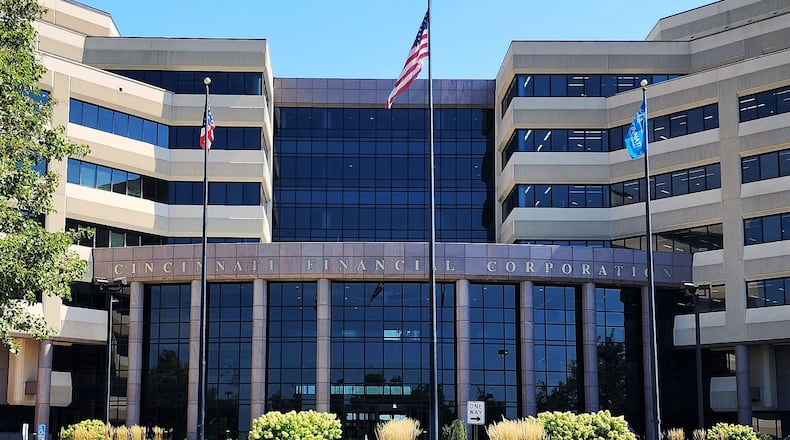“The definition of the term ‘loss’ is clear: for coverage to be provided, there must be loss or damage to covered property that is physical in nature,” said the Dec. 12 ruling authored by Justice Jennifer Brunner. “Such loss or damage does not include a loss of the ability to use covered property for business purposes.”
Cincinnati Financial released a statement:
“We thank the Court for its careful consideration of this case and are pleased its decision joins those from State Supreme Courts in Iowa, Massachusetts, Oklahoma, South Carolina, Washington and Wisconsin and all federal appeals courts to date ruling that business closures and restrictions related to the Covid-19 pandemic do not constitute direct physical loss or damage to property required to trigger coverage under our property insurance policy.”
Cincinnati Financial has faced 190 lawsuits over its denial of insurance claims for COVID-related business closures, including 42 in Ohio, according to the COVID Litigation Tracker at Penn Law. Cincinnati Financial ranks third among all insurers in the 2,360 cases filed since March 2020. Insurers have won full dismissal on more than 800 cases through September of this year.
In its most recent quarterly report to shareholders, Cincinnati Financial offered no estimate on the potential cost of litigation over pandemic claims.
“While appellate decisions issued to date generally have been favorable for the insurance industry and the company, many remain to be decided,” the report stated. “In some jurisdictions, many cases have been stayed pending appellate decisions in their state or federal circuit. Accordingly, little discovery has occurred on pending cases. In addition, business income calculations depend on a wide range of factors that are particular to the circumstances of each individual policyholder and, here, virtually none of the plaintiffs have submitted proofs of loss or otherwise quantified or factually supported any allegedly covered loss.”
The Ohio Supreme Court was asked to settle a question of law that was central to a federal lawsuit filed by Cincinnati Financial policyholder Neuro-Communication Services Inc. in Boardman, Ohio. It’s a question posed by U.S. District Judge Benita Pearson in Cleveland:
“Does the general presence in the community, or on surfaces at a premises, of the novel coronavirus known as SARS-CoV—2, constitute direct physical loss or damage to property; or does the presence on a premises of a person infected with COVID-19 constitute direct physical loss or damage to property at that premises?”
More than a dozen companies and trade groups weighed in on the topic before the court heard oral arguments on the case in February. Filings show insurers urged the court to limit its review to whether the virus caused physical damage to properties while policyholder advocates wanted the court to take a broader view.
An attorney for Queen’s Tower restaurant Price Hill urged the court to consider an internal Cincinnati Financial email as evidence in the Neuro-Communication case. That email, written by a company official in the early days of the pandemic, said “some type of property damage” occurs when “someone who is a carrier is on our premises.” The court rejected the restaurant’s motion to consider the email.
WCPO is a content partner of the Journal-News.
About the Author
